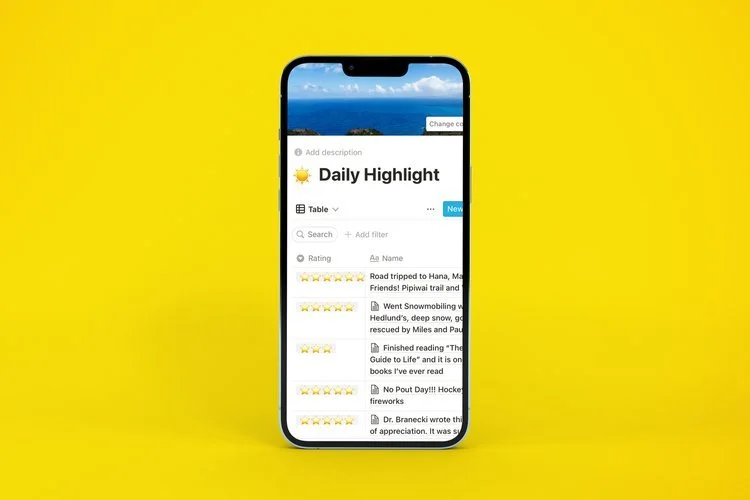Make Time
Authors: Jake Knapp and John Zeratsky
How much I would recommend this book to other medical students/residents: 10/10
Buy it on Amazon: Link
How did you spend your time last week?
When you think back this week seemed like a blur? I think it can be easy in life, especially in busy careers, to have our weeks and months sometimes feel like this. Throughout medical school and residency, sometimes I feel like I have entire months that go by feeling like this.
Living Shift-to-Shift in the Emergency Department
I move from one shift to the next, catch up on my patient notes, and then start another stretch of shifts. Before I know it, a month has gone by, and I have a hard time remembering some of my highlight moments.
Even worse, I’ll realize that this time has gone by, and I haven’t taken the time to reach out to the people in my life that are most important to me.
Why is it so common to feel like this?
This book addresses two key points that lead to this feeling: (1) The Busy Bandwagon, and (2) Infinity Pools, and provides methods to combat each of them.
Busy Bandwagon
The busy bandwagon is a cultural belief that if you're not busy, then you're not making the most of your time. As Harvard developmental psychologist Bob Kegan likes to say, in most companies, people are actually doing two jobs: (1) Their actual job, and (2) the job of managing other’s impressions of how they’re doing their job (→ See book “Principles” by Ray Dalio for more on this topic). As a result, employees (and medical residents) jump on the busy bandwagon, constantly adding to their to-do lists in attempt to appear hard-working.
Infinity Pools
As soon as we catch our breath and have a minute to step away, “Infinity Pools” are waiting to pull away our valuable mental breaktime. The book describes infinity pools as any sources of media that are easily accessible and quick to pull away our attention. The most common examples of this that I see on a day-to-day basis are:
Instagram
Facebook
Twitter
Netflix
Not that things things are entirely bad, but they can create a slippery slope to quickly lose our time (→ See book “Four Thousand Weeks” for more on this). When we combine the “Busy Bandwagon” with “Infinity Pools,” it makes it really easy for entire weeks to slide by without feeling like we spent our time in a way that was truly meaningful.
How can we live more intentionally?
To help battle this, the book describes several strategies that can help us live more intentionally. One of my favorites is the concept of the “Daily Highlight.”
Daily Highlight
One method to live more intentionally, is to focus on a daily highlight. A daily highlight is a single, peak memorable positive moment of your day that separates itself from all the busy work. To illustrate the power of a daily highlight, imagine a busy shift working in the Emergency Department, which I can imagine many readers can relate to.
A Busy Shift
Since I work in the Emergency Department, I’ll use this experience as an example - Imagine this:
You set your things down to start your shift, and you glance at the board and see seven new patients waiting to be seen. You get right to work, deescalate an unexpected angry patient, get pulled aside for a trauma activation, scramble in some phone calls, and have an emotionally exhausting conversation with a patient about a new critical diagnosis. At the end of your shift you're hungry, thirsty, and exhausted, and realize you have all of your notes left to do.
But… There was one Peak Moment
In the middle of all of this, there was that one peak moment that felt a lot more rewarding. You got to perform a chest thoracostomy on a critically ill patient with one of your favorite co-residents that helped save a life. Or, you helped teach a medical student and saw their look of excitement when they began to understand a concept that was previously frustrating for them.
Highlights and Meaningful Work
These are the moments that make our days feel worthwhile, give meaning to our work, and remind us why we chose to work in medicine. Although it can be really easy to forget these moments on a daily basis, reflecting on these highlights can make a big positive impact on our well-being, both in the immediate sense and long-term.
Next Time You’re Driving Home from the Hospital… Think of a Highlight.
On your way home from work today, try to think of one “Daily Highlight” as you’re driving in the car. Or, as an added bonus, take a second to jot it down in notes app or pocketbook to keep it for the future. Chances are, you’ll immediately feel a lot better about your day.
Jotting down a favorite moment will slowly build a journal of moments to reflect on next time you’re feeling a little exhausted.
Building a Memory Calendar of Your Career.
Over time, instead of looking back at an old calendar filled with shifts and tasks, our calendars can start to look more like this:
Monday: I had a couple tough patients this day, but I also got my first chest tube!
Tuesday: Ah, yes - Monday was great because I got to work with this awesome attending/co-resident. The shift was crazy, but we jammed out to some music and definitely had our laughs.
Wednesday: I had the day off, and got to go for a long bike ride in the sun with a friend and catch up about life.
Thursday: Today we had this hilarious event happen at signout and our entire team laughed about it.
Friday: Today I had one patient who was incredibly nervous about a small little thing, but really thanked me for my time with them at discharge.
My Personal “Daily Highlight” Log:
Conclusion
Using the concepts in this book to create my Daily Highlight log has made a significant impact on my life, and that’s why I wanted to share. My days feel a little more meaningful, and looking back at the highlights has been a fun reflection exercise.
This is something that could be helpful for a medical students and residents in training keep track of their progress and the highlights of the years. In the end, the concepts in this book helped me feel like each day counts a little bit more.










